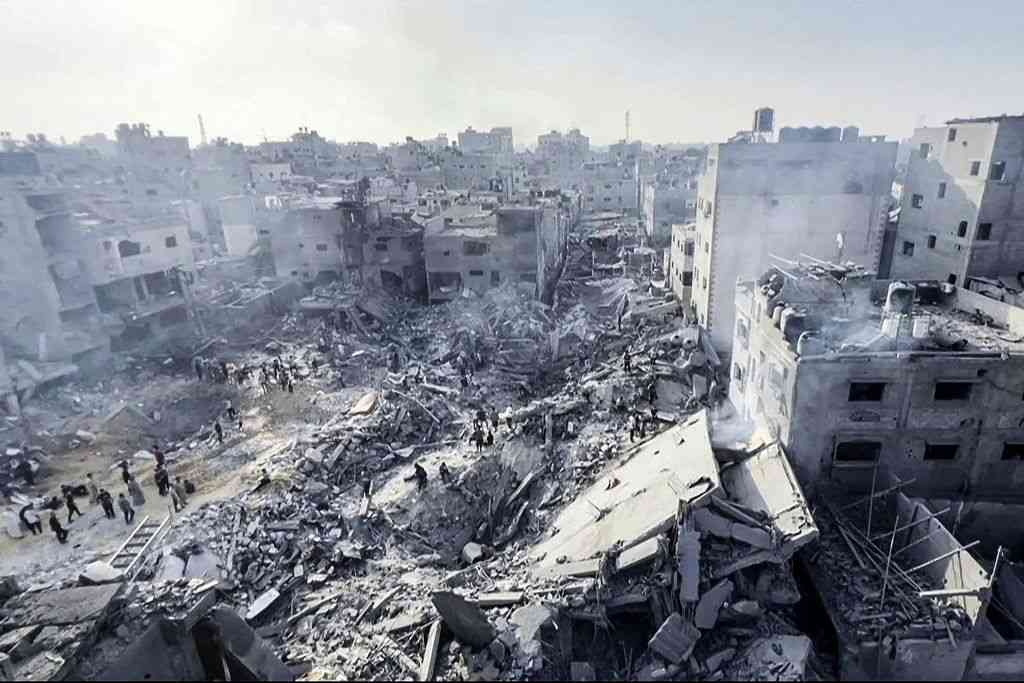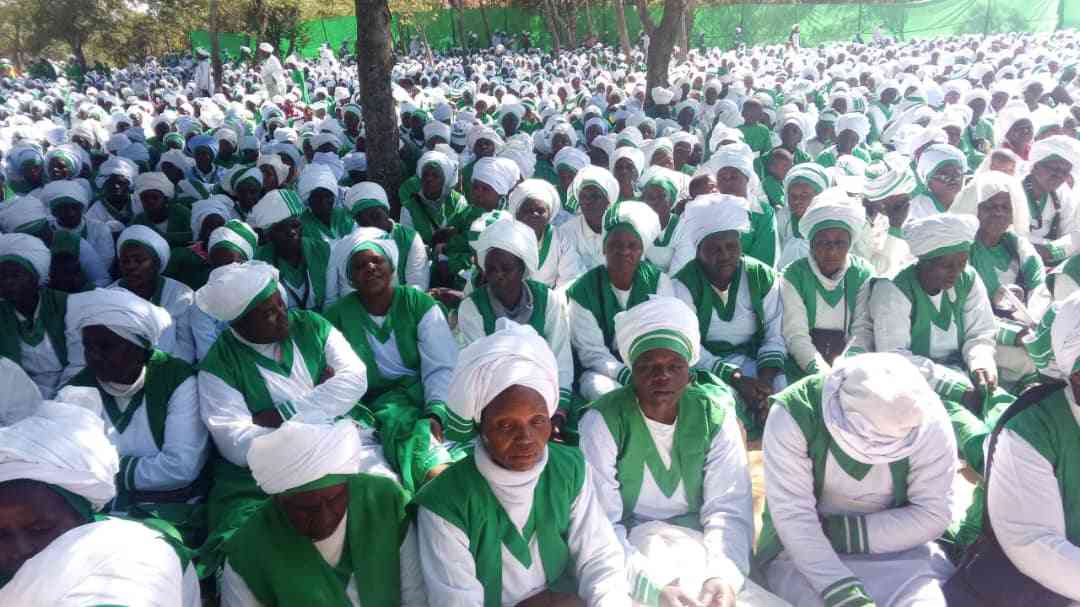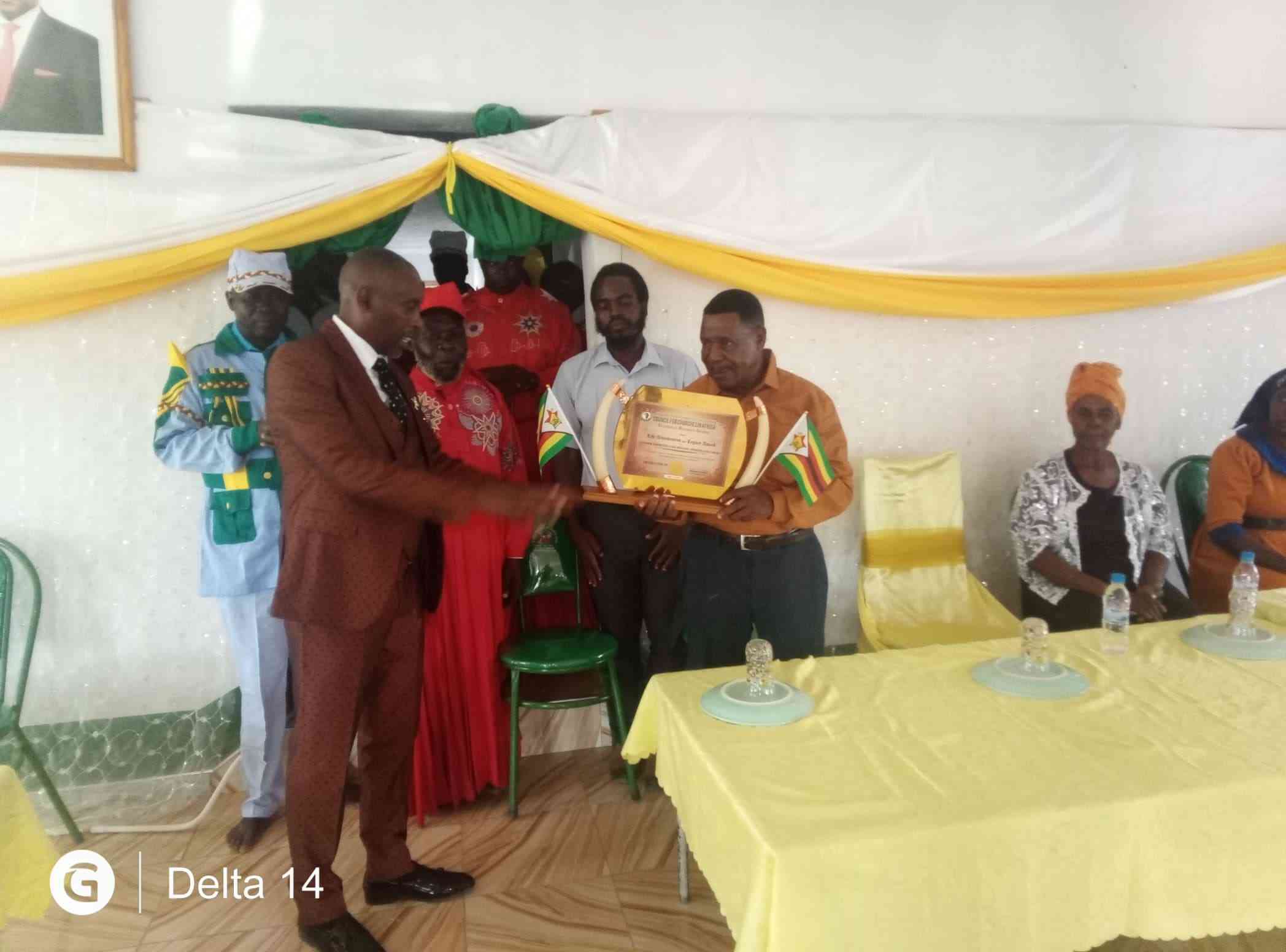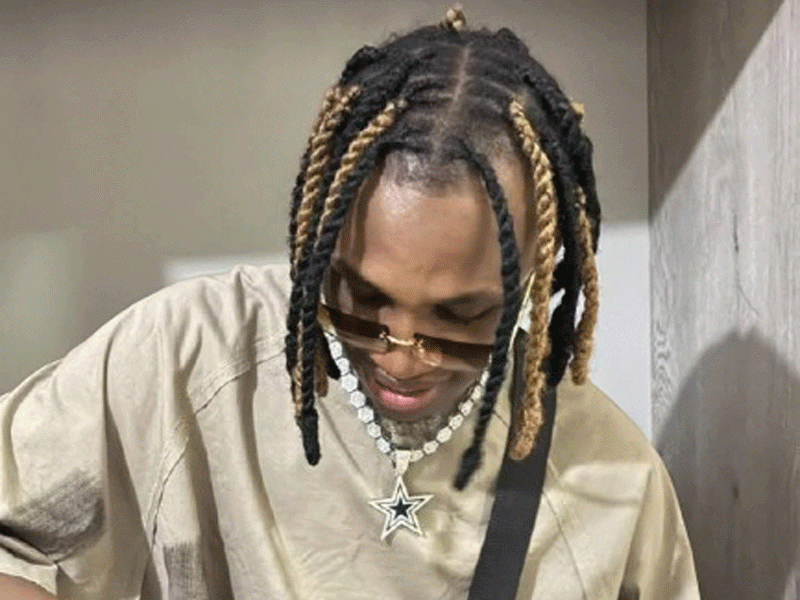
In 1983, a new wave band called Culture Club fronted by Boy George made a Top Of The Pops hit with a song entitled War whose lyrics go something like this:
War, war is stupidAnd people are stupidAnd love means nothingIn some strange quarters
War, war is stupidAnd people are stupidAnd I heard them bangingOn hearts and fingers
Culture Club was an English new wave band formed in London in 1981. The band comprised Boy George (lead vocals), Roy Hay (guitar and keyboards), and Jon Moss the drummer ...
Together, they wrote the song about the stupidity of war. They had already sassed out that instead of people loving each other they end up doing stupid things such as fighting one another.
Before that, Bob Marley also sang about war. In his lyrics he sang:
Until the philosophy which hold one race
Superior and another inferior
- Edutainment mix: The artist in the child policy formulation context
- Edutainment mix: The artist in the child policy formulation context
- In the groove: Bob Marley continues to rule from the grave
- Mambo Chivero Zim’s new mbira music ambassador
Keep Reading
Is finally and permanently discredited and abandoned;
Everywhere is war, me say war
Why do we talk about war? It looks like wars in this world will never end. War is stupid and people are stupid.
As far back as 1914 the Great War or First World War began. Instead of ending all wars, however, the First World War turned out to be the “primordial catastrophe’’ of the 20th century, the one that paved the way for several subsequent catastrophes. The war marked the emergence of the era of “total war,” involving the historically unprecedented mobilisation of all of the technological, economic, and social resources of nations in support of the war effort. The Great War completed the transformation from wars between kings to wars between peoples. As Winston Churchill had warned in 1901, however, “The wars of peoples will be more terrible than those of kings.” The Great War was indeed, at the time, the most destructive war in history. It killed over ten million people, wounded countless others, destroyed economies, and led to massive starvation and political and social upheaval throughout Europe.
Then came the Second World War (or World War 2). This was a conflict that involved virtually every part of the world during the years 1939-1945. The principal belligerents were the Axis powers — Germany, Italy, and Japan — and the Allies — France, Great Britain, the United States, the Soviet Union, and, to a lesser extent, China. It was the biggest conflict in history that had lasted almost six years.
Nearly some 100 million people had been militarised, and 50 million had been killed (around 3% of the world’s population).
Since 1945, we all thought that people had been civilised and suffered enough not to start any more wars. But alas! No. Look at what is happening now.
We have all been profoundly shaken by recent events in Israel and Gaza. This latest conflict marks the start of a chapter that is likely to affect millions of lives, both in the Middle East and further afield, for years to come.
Musicians have to continue to sing about stopping wars as exemplified by artistes such as Chicco and the late Tsepo Tshola who sang Papa Stop The War in a bid to enlighten the world about the disasters wars bring. Musicians can also alert the world about the evils of war by organising campaigns boycotting events arranged by war mongers through telling their fans not to attend such events. For example:
Every May and June in Brighton, the UK’s music industry descends on the seaside town for the Great Escape, the “showcase” event that has helped to launch the careers of musicians.
Crowds pile in to dozens of venues, as punters and A&R spotters try to get a glimpse of acts who may have the unique spark needed to become break-out stars, but at this year’s event something was missing; more than a third of the groups billed for the event did not show up.
Keynote speakers did not appear. Headliners refused to show up. Entire showcases were scrapped, as tensions caused by the Israel-Hamas conflict reached the south coast of England.
Many acts pulled out because of a pro-Palestinian boycott aimed at the event’s sponsorship by Barclays Bank, which campaigners claim has increased its investment in arms companies that trade with Israel.
Bands Boycott Barclays (BBB), the group of musicians behind the campaign, said the bank was “laundering its reputation” by partnering with the music festival, an accusation Barclays denies.
A spokesperson for Barclays said the bank recognises “the profound human suffering caused by this conflict”, but added that Barclays “does not make its own investments” in the nine defence companies and acts on the instruction of its clients.
The spokesperson said: “As a bank, our job is to provide financial services to businesses, including those in the defence sector. Clients in this sector include the USA, UK or European companies which supply defence products to Nato and other allies including Ukraine and are an important contributor to our security in the UK. Decisions on arms embargos are rightly the job of elected governments.”
Arts Council of England was accused of bowing to government pressure when it released guidance that said “political statements” could break funding agreements shortly after a meeting with the Department for Culture, Media and Sport where the Israel-Gaza war was discussed.
Home Theatre in Manchester and the Arnolfini Arts Centre in Bristol backed out of hosting events featuring Palestinian artists or speakers, before making a u-turn and apologising after sustained pressure from campaigners.
At the same time as the Great Escape was held in Brighton, there were protests and counter-protests outside the Everyman theatre in north London, as a Jewish film festival went ahead despite security concerns and calls for a boycott because it was partly sponsored by the Israeli government.
From music and film to visual arts and theatre, there is nowhere in Britain’s cultural landscape where the conflict in the Middle East hasn’t spread and this summer, more boycotts and protests are on the horizon.
Those driving the campaigns claim a similar momentum is building to one created by the cultural boycotts that helped to end the apartheid regime in South Africa.
Whatever position cultural figures take, one thing is certain; the protests and boycotts will be held in the U.K. at least for as long as the current flare-up in the conflict continues — which has no sign of ending soon.
“Cultural organisations will increasingly be held to account by artistes and audiences,” said a spokesperson for Artists for Palestine, who sees the protests as a turning point. “We think this genie cannot be put back in the bottle.”
In the United Kingdom, many artistes unite for a worthy cause such as anti-war campaigns.
In Zimbabwe, not many artistes come together with collective power for a common cause in times like these. Many of them will just follow a cause which brings them money, sometimes against their consciences.
The only time I remember Zimbabwean artistes uniting for a worthy cause was when I received a grant from UNESCO to organise what we termed Artistes Against-Aids (AAA) campaign at the peak of that deadly disease. Artistes such as Oliver Mtukudzi, James Chimombe, Clive Malunga, John Chibadura, The Frontline Kids, The Real Sounds and Thomas Mapfumo came together at Harare Gardens for four years running on the 1st of December each year. However, we paid them a thousand dollars each for their performances.
The only other cause I remember artistes giving their services for free was when Tendai Mupfurutsa and I called them to come together in 1991 to sing a song we titled Bus Driver after the Nyanga bus disaster.
Artistes who came forward for this worthy cause included Oliver Mtukudzi, The Real Sounds, The Frontline Kids, Fortune Mparutsa, The Rusike Brothers, Clive Malunga, The Pied Pipers, Jonah Mtuma and many more.
The interaction between the established artistes and the up and coming artistes has been minimal to an extent. It seems there are more fractures and splinters and less unity among the artistic community in Zimbabwe.
For instance, Sungura artistes versus Zimdancehall artistes. Art, in its different, but rich forms, is a window into a people’s way of life and when it is shut, the spirit of a people is smothered. Artistes of Zimbabwe must unite and work for the common good.
By now we should be hearing Zimbabwean artistes calling for an end to the Israel-Gaza war, but they have been quiet as if nothing is happening. It is the UK musicians and other players who are making their voices heard on this brutal genocide in Gaza.
A spokesperson from BBB said more bands and artistes were realising that boycotting is a way to make their voices heard. They said: “It shows that there is collective power that acts have. They can act together in an industry that often pits one act against the other for lineup spots and gig opportunities.” If artistes have to survive, they must unite for common causes.
- Feedback: frezindi@gmail.com










